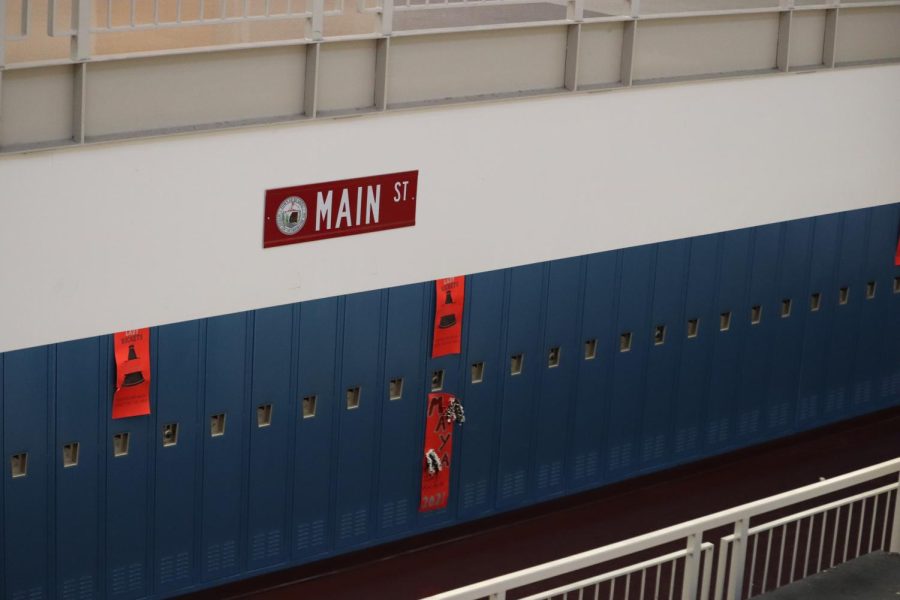New Smartboards Are Here
Classrooms Get Significant Upgrade
March 10, 2022
New Smartboards were installed at RMHS over February break as a result of COVID-relief funds that were provided to the school.
Classrooms at RMHS now feature projector-less, tablet-style versions of Smartboards that are updated versions of their predecessors.
According to computer science teacher and technology specialist Mr. Strout, the current Smartboards support wireless connection and operation, computer-free usage, built-in cameras, and native application support. One clear difference is the higher screen resolution that makes the picture appear sharper than on the previous models.
Students and teachers alike have positive reviews of the change. Mike Wall (‘22) stated, “The boards are a lot clearer,” adding that he likes that new boards have a “screen and not a projection.” Wall added that he felt the school was due for a Smartboard upgrade. Additionally, Mr. McIntire of the science department looks forward to using the boards untethered from his laptop. McIntire shared his excitement about incorporating the new feature set into his teaching: “I just found that there’s a timer and dice in there so I think I’ll find a way to use those in class.”
This technological upgrade is in line with the recent implementation of the one-to-one initiative, where every student at RMHS received a personal laptop from the school. The funding for the new Smartboards came from federal ESSER (Elementary and Secondary School Emergency Relief) grants, the same grants that helped the school provide students with computers.
Although some see this as a welcome change, it has not been without its problems. According to Strout, there were issues with wiring, remote controls, computer drivers, as well as other interfaces. There continues to be a problem with the wireless connection feature, as well as the camera software. McIntire also added that although he likes the newer screens, he noted that some of his students had trouble seeing the board from certain angles.
Regardless of the difficulties, Strout says that the boards’ “long-term durability” and ability to “store information” natively create a significant advantage over the older models. He and other technology specialists are working to get more of the new features working.
